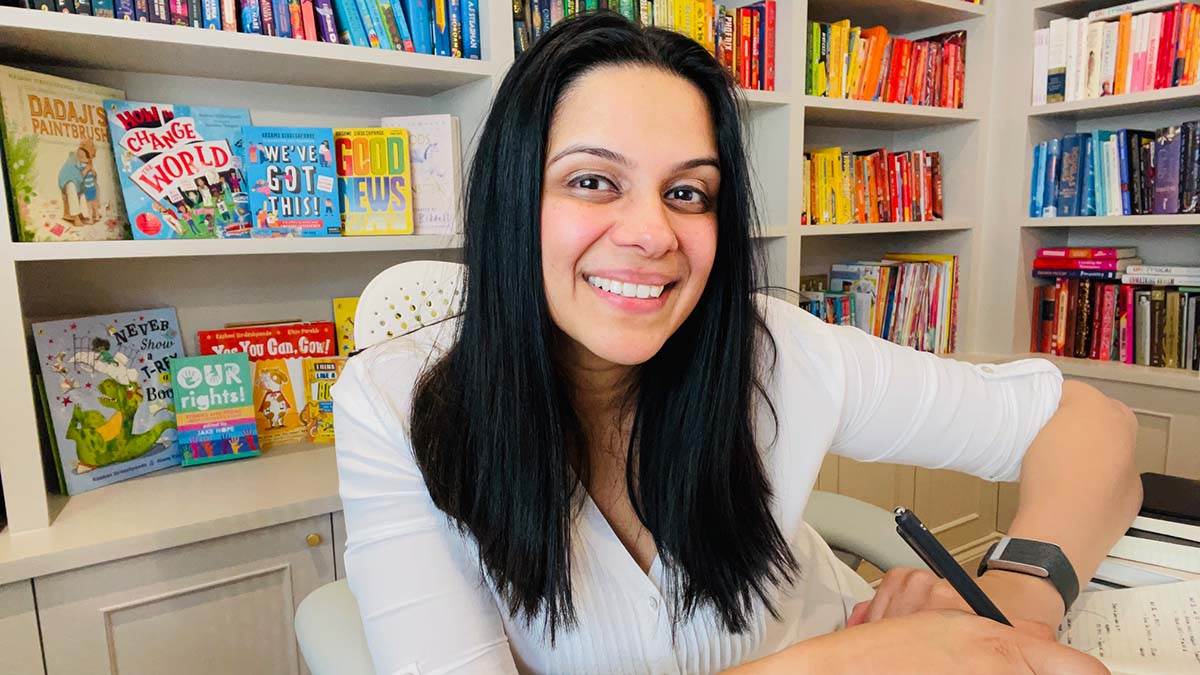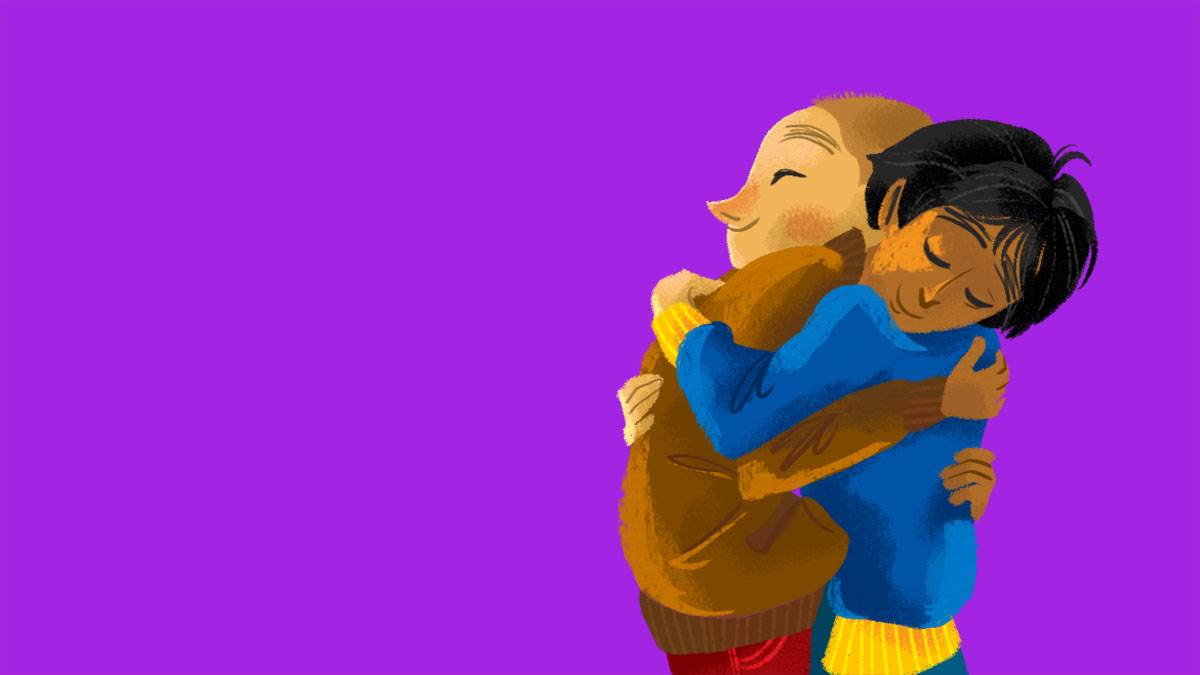How fact books can boost empathy in children
Published on: 20 May 2024
Our Writer in Residence, Rashmi Sirdeshpande, shares how non-fiction is essential in building empathy in children.

Growing up in what can so often feel like an increasingly divided world, empathy is something all children need now more than ever. It’s the bridge that connects us as humans. Fortunately, as I discovered when I was working with EmpathyLab UK to write We’ve Got This: Six Steps To Build Your Empathy Superpower (illustrated by Juliana Eigner), empathy is a learnable skill. And it’s one that touches every single aspect of a child’s life, from their relationships to their future success.
Research shows that reading books can boost empathy. It’s easy to see how this is true of fictional stories that invite young readers to imagine and understand feelings, emotions, perspectives, and situations that they may not have experienced themselves. But the same is true of high-quality factual books. I always remember the importance of empathy when I’m writing these books. I think about the reader and how the themes we explore might make them feel, the emotional journey they’ll be taken on, and the new perspectives that might be opened up. I love taking the reader around the world, shining a light on incredible true stories we don’t hear enough about, because it’s amazing, isn’t it, how we can travel across the planet through the pages of a book! Amazing how much we can widen our understanding just by reading.
Here’s what Miranda McKearney, co-founder of EmpathyLab UK, has to say:
“Empathy grows the more you use it and factual books can help so much in building up our empathy muscles."
"Biographies, for instance play a special role in helping us deeply understand others’ perspectives and life experiences. The growth of “faction” (a mix of facts and fiction) is exciting in this context too – books like Patrice Lawrence and Jeanetta Gonzales' My Story Starts in Africa trigger a strong emotional response.”
Look out for Empathy Day, which happens every June.
 Illustration: Erika Meza
Illustration: Erika Meza
I also asked some children’s non-fiction authors for their thoughts on empathy and factual books and how they write with empathy in mind:
Isabel Thomas, author of Fox: A Circle of Life Story, illustrated by Daniel Egnéus:
“Curiosity is only half the story in science and the arts. The urge to share our discoveries is equally important, and books are our most powerful tool for doing this. Great non-fiction invites readers to follow stepping stones through somebody else’s brain, to share for a moment their view of this chaotic, mysterious, beautiful world.”
Dr Stuart Lawrence, author of Growing Up Black in Britain: Stories of Courage, Success and Hope:
“Growing Up Black in Britain is a book inspired by a school visit to Mansfield. During the visit, it became clear that the experiences of young people in London are very different from those living in areas with less diversity. Even if physical diversity is absent, it's important to remember that we can all have diversity of thought. The book aims to encourage readers to see things from different perspectives and understand the lives of others."
"We can bridge our differences and come together as a community by finding common ground.”
Emma Reynolds, author of Drawn to Change The World: 16 Youth Climate Activists, 16 Artists:
“There are some things we're not taught in school. Even some adults who read our book Drawn to Change the World didn't know about environmental racism and how through systemic design Indigenous, Black and people of colour around the world bear the brunt of environmental disasters. Without this knowledge, people are unaware where their empathy needs to extend. So facts are essential, in increasing people's empathy to marginalised people that need it the most, and encouraging action to centre and support them.”
That’s the power of books for you. Can’t put it better than these brilliant people. But what I can do is leave you with a quote from former BookTrust Writer-in-Residence and all-round writing phenomenon SF Said, who said this:
“Why read books? Because books open our eyes and hearts and minds. They help us to see and feel and experience the world from other points of view. They are the greatest EMPATHY ENGINES ever invented!”
- SF Said, from We’ve Got This: Six Steps To Build Your Empathy Superpower.
For more books that encourage empathy...
Explore our picture books and fiction recommendations for more books about kindness and empathy.
Kindness, compassion and empathy: picture books
Help put your child in another person's shoes with these books that inspire compassion: whether that's towards animals, friends, or people in very different situations to your own.
Kindness, compassion and empathy: middle grade
Help your child develop kindness and empathy with these middle grade books that inspire compassion: whether that’s towards animals, friends, or people in very different situations to your own.







